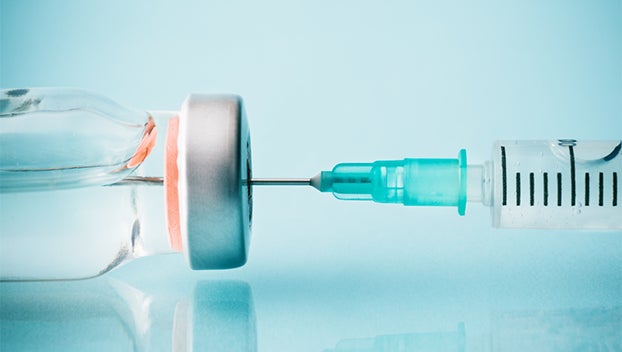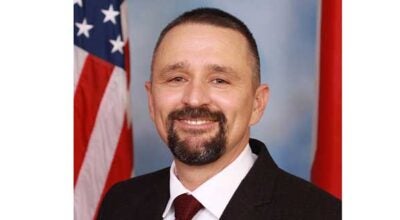Supply of life-saving COVID-19 treatments has fallen in Alabama, state says
Published 9:18 pm Wednesday, September 22, 2021
Alabama saw its number of available monoclonal antibody doses fall as federal officials try to ration the limited resource, but low-vaccination Southern states continued to receive some of the largest allocations.
Alabama this week will receive 6,576 patient courses of the treatment used to prevent severe disease in a person with COVID-19, according to the Alabama Department of Public Health. That is down from 8,030 last week. Federal officials are using a formula — that includes case numbers, hospitalizations and usage of available doses — to decide how many doses each state will get as they ration the treatments in response to a national shortage.
“It has fallen off a little bit. I think the part we don’t know for sure is how much of this is due to the fact that are case numbers are going down a little bit, which they are, or how much is due to just lack of reporting of utilization which you get dinged for,” State Health Officer Scott Harris said Wednesday.
Antibody treatment is a highly effective therapy that can blunt the worst effects of COVID-19 and prevent the disease from getting worse and requiring hospitalization.
Doctors continue to emphasize that vaccination, rather than a secondary treatment, is the best way to prevent severe COVID-19 disease.
“Our number one goal still is just to get people the first shot. Monoclonals are really plan B. In most cases they are going to people who might not have needed them if they had gotten vaccinated,” Harris said.
The U.S. Department of Health and Human Services changed the distribution method to make sure the life-saving resource is distributed equitably. “Given this reality, we must work to ensure our supply of these life-saving therapies remains available for all states and territories, not just some,” the department said last week in a statement.
Harris has expressed concern that the change would limit the availability of antibodies and, “it’s not going to be there in a way that people expect.”
He said the allocation method relies on case numbers, but is concerned incomplete reporting by providers could artificially cut shipments.
“The states that have more cases are going to get more product and that seems fair, given that it is a limited resource. I think we are at risk for being dinged a little bit on the reporting side. They said they will reduce your allocation if you are not reporting what you are using … We have a lot of new providers that haven’t done this before and aren’t used to reporting,” Harris said.





